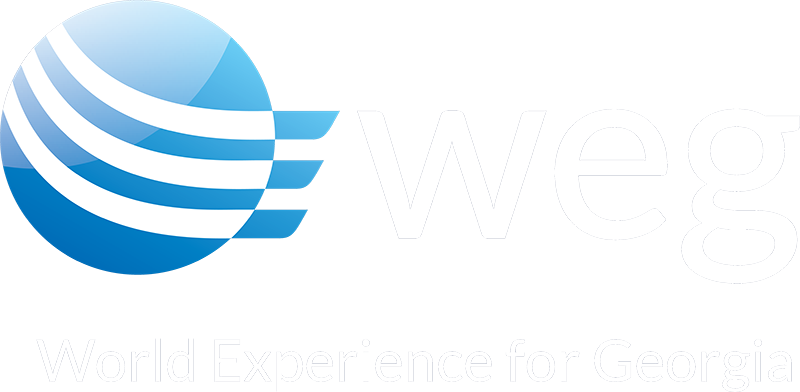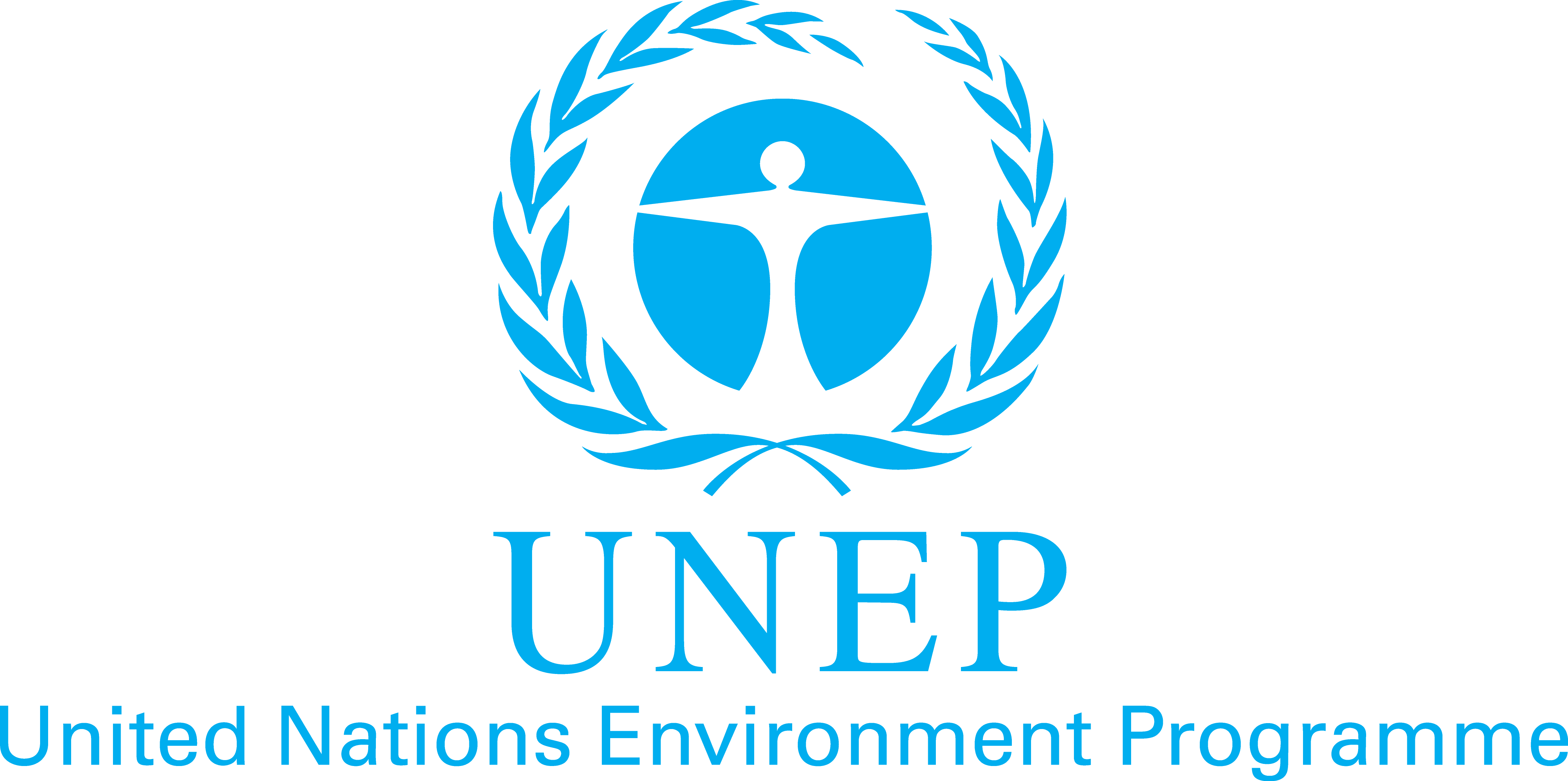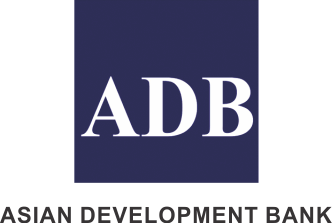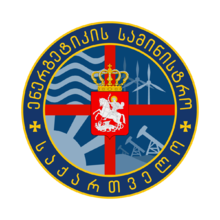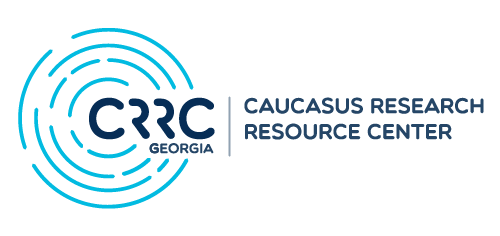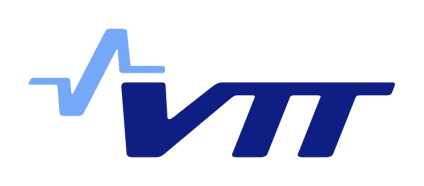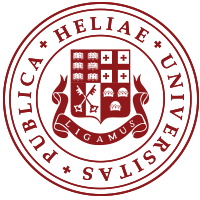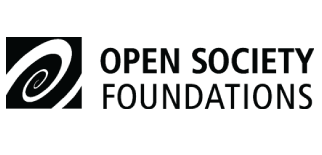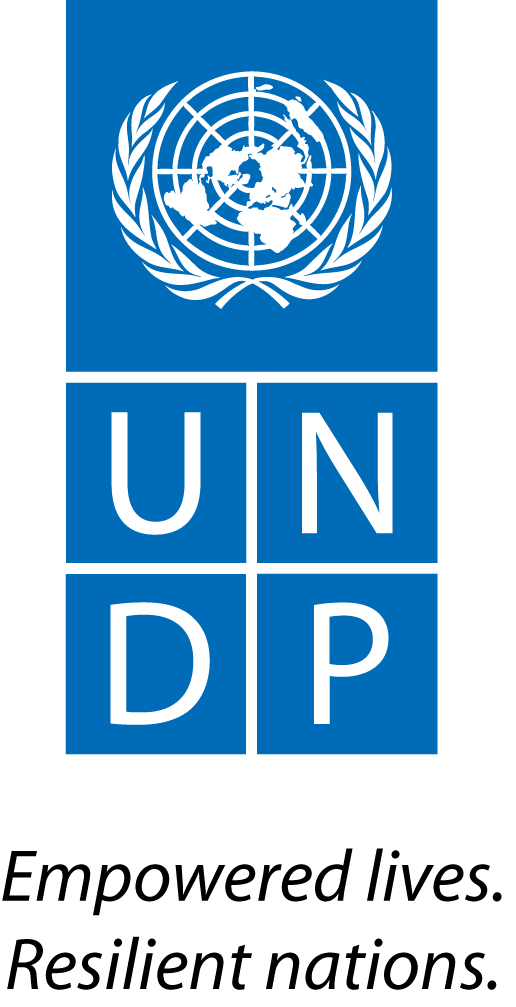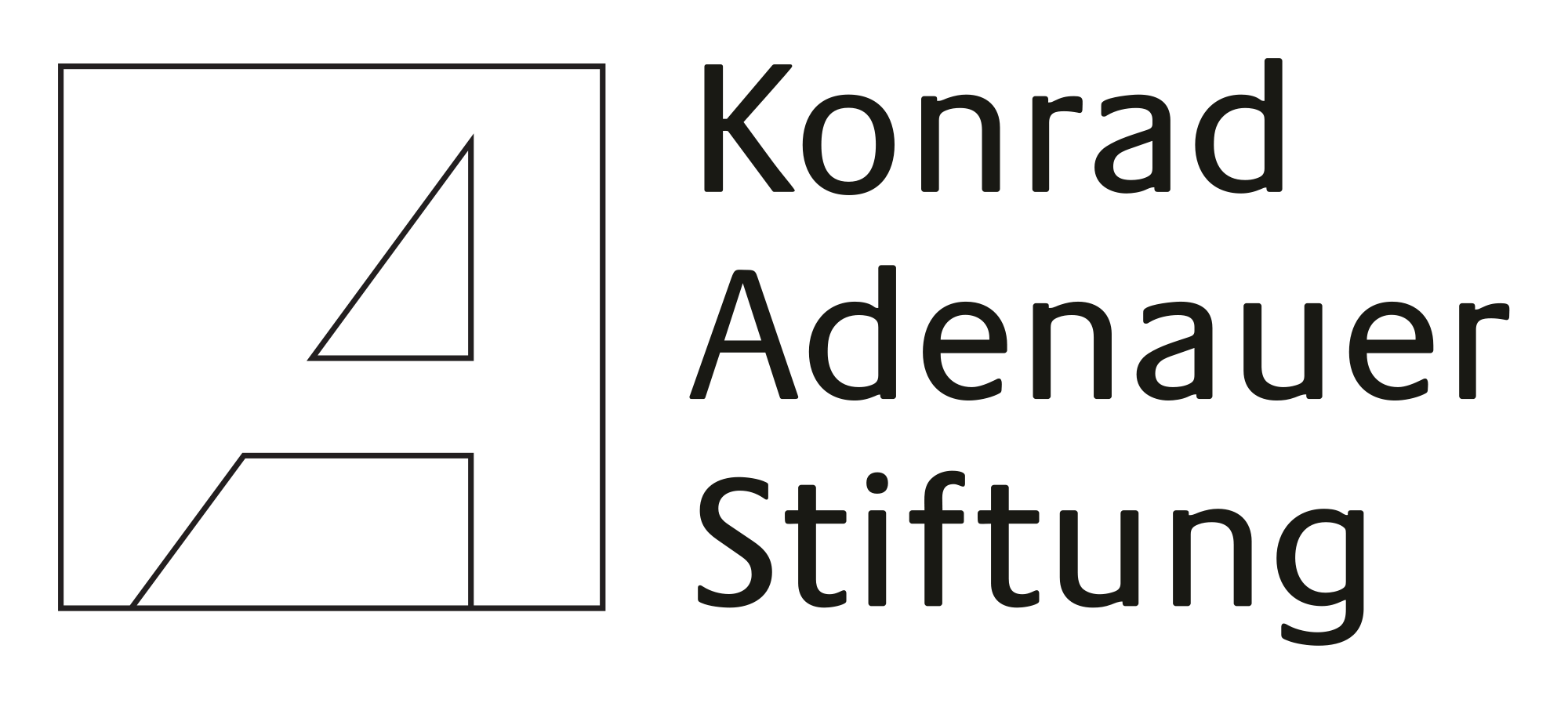Training for SCO-s and Media 0rganizations
On October 20, 2014 WEG representatives performed training for SCO-s and media organizations about the challenges Georgian energy sector faces in the nearest future. The training was mainly devoted to Renewable Energy and Energy Efficiency issues and analyzing the problems in these fields in Georgia.
At the beginning WEG director Murman Margvelashvili reviewed Georgian energy sector and spoke about the role and importance of energy policy and strategy.
Researcher Nino Maghradze described the principles of power system operation; the electricity production options based on the fuel type (fossil fuel, renewable energy sources, and nuclear power) Characteristics of different plants (thermal power plants, hydro power plants, nuclear stations, solar, wind, biomass, geothermal power plants etc.) and electricity transmission components (transmission, distribution, dispatch).
Researcher Natalia Shatirishvili presented European legislation on Renewable Energy and Energy Efficiency and their requirements and compliance with Georgian legislation. The emphasis was made on the fact that there are important gaps which hamper the process of European integration and causes serious risks for Georgian energy security.
Participants were also introduced MARKAL/Georgia energy planning model, which is used for energy demand forecasting with consideration of economic growth, technology development and other important assumptions.
The training was organized by association Green Alternative with Heinrich Boell Foundation financial support.
